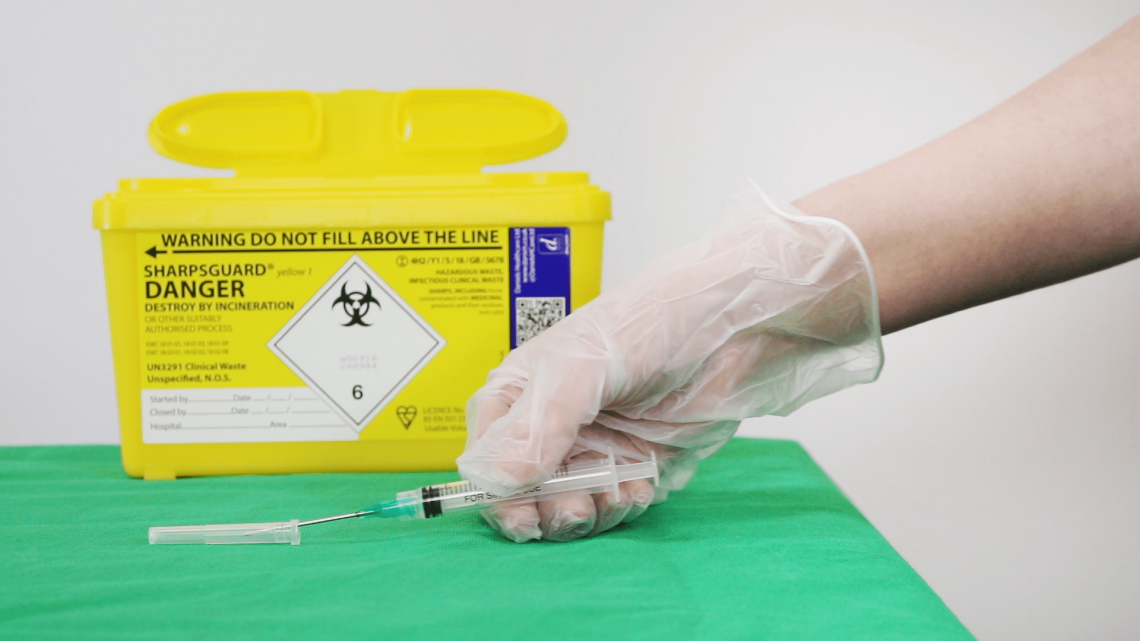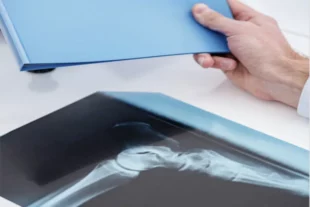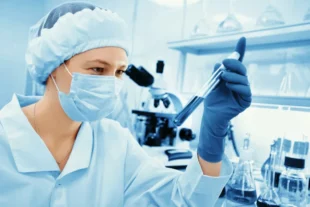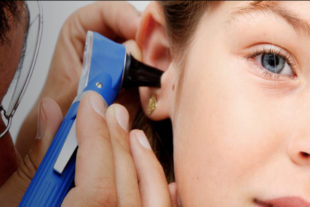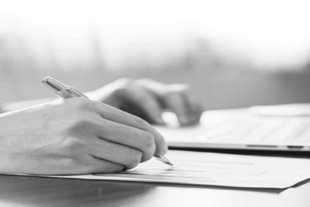This course looks at what Sharps are, what risks they pose - and to whom, and what you and your employer need to do to keep everyone safe.
This Sharps Training focuses on the dangers associated with Sharps, the potential health risks and the handling and disposal of Sharps objects. It also looks at The Health and Safety (Sharp Instruments in Healthcare) Regulations 2013 and covers what PPE equipment is available.
This course is made up of 2 sections and a test. You must complete all sections of the course in order to access the test.
Payment Methods
Payment Methods
- Payzone: MasterCard, Card Visa
- Direct Bank Transfer: Moroccans can also pay by cheques, cash, Wafacash, or Cash plus
- Paypal: Visa Card, MasterCard, Maestro Card, American Express Card, (you can pay with your international Card if you don’t have a Paypal account)
- Western Union: You can send us your payment through Western Union to the name “HASNA CHEKAIRI“

PLEASE APPLY THE coupon BELOW TO GET OUR 10% DISCOUNT!
coupon : TEN
Price
1
lessons
LEARNING TYPE
Unlimited Duration
Duration
Language
Share This Class:
Course description
LEARNING OUTCOMES
ABOUT THIS COURSE
“Sharps” waste is a form of hazardous waste which includes any objects that are used to puncture the skin. These materials must be handled with care and safety.
Annually, there are 16 billion injections administered both in and out of hospitals around the world. However, there are a large number of needles and syringes that are not correctly disposed of and these could cause harm to others.
Safe Needle Disposal gives examples of sharps such as; needles, syringes, lancets, auto-injectors, infusion sets and connection needle/sets. Hence, Sharps is not just exclusive to needles as many think. Anything attached to needles and blades is also considered as Sharps waste and therefore, needs to be disposed of properly.
There are dangers associated with Sharps materials as bloodborne diseases and infections can be passed through them. Some of the diseases connected with Sharps materials are Hepatitis B, C and HIV, but are not exclusive to these three. This risk is, logically, higher to those working within the healthcare industry, however, there are risks to people using needles and blades at home and work. The general public can be put at risk too from improper needle disposal from drug use.
CERTIFICATE
DOWNLOAD AND PRINT
Each of our courses ends with a multiple choice test to measure your knowledge of the material.
This Sharps Training course concludes with a 20 question multiple choice test with a printable certificate. In addition, brief in-course questionnaires guide the user through the sections of the training and are designed to reinforce learning and ensure maximum user engagement throughout.
What does my certificate include?
Your Sharps Training Certificate includes your name, company name (if applicable), name of course taken, pass percentage, date of completion, expiry date and stamps of approval or accreditations by recognised authorities.
Why is this training important?
It's important that you comply with the law and know the ways in which it affects you and the way you work.
- Learn what things are classified as Sharps and the risks posed by them
- Learn about how to reduce the risk of injury from Sharps and how to dispose of them correctly
- Learn about employee and employer responsibilities to help reduce the spread of infections
ABOUT THIS COURSE
“Sharps” waste is a form of hazardous waste which includes any objects that are used to puncture the skin. These materials must be handled with care and safety.
Annually, there are 16 billion injections administered both in and out of hospitals around the world. However, there are a large number of needles and syringes that are not correctly disposed of and these could cause harm to others.
Safe Needle Disposal gives examples of sharps such as; needles, syringes, lancets, auto-injectors, infusion sets and connection needle/sets. Hence, Sharps is not just exclusive to needles as many think. Anything attached to needles and blades is also considered as Sharps waste and therefore, needs to be disposed of properly.
There are dangers associated with Sharps materials as bloodborne diseases and infections can be passed through them. Some of the diseases connected with Sharps materials are Hepatitis B, C and HIV, but are not exclusive to these three. This risk is, logically, higher to those working within the healthcare industry, however, there are risks to people using needles and blades at home and work. The general public can be put at risk too from improper needle disposal from drug use.
CERTIFICATE
DOWNLOAD AND PRINT
Each of our courses ends with a multiple choice test to measure your knowledge of the material.
This Sharps Training course concludes with a 20 question multiple choice test with a printable certificate. In addition, brief in-course questionnaires guide the user through the sections of the training and are designed to reinforce learning and ensure maximum user engagement throughout.
What does my certificate include?
Your Sharps Training Certificate includes your name, company name (if applicable), name of course taken, pass percentage, date of completion, expiry date and stamps of approval or accreditations by recognised authorities.
Why is this training important?
It's important that you comply with the law and know the ways in which it affects you and the way you work.
Learning Path
-
- Start Course Unlimited
Are You Ready To Start?
What people are saying
“I found the course useful and interesting, in particular pronunciation and listening/writing exercises were extremely relevant for me, even if I found it very challenging.”
Arianna Di StadioMedical
“The course has helped to use English in such specific medical situations, I’ve never thought of before. It was very useful to listen to various dialogues with native speakers because it gave me opportunity to pick up many phrases and collocations which are used in real conversations.”
Jake RomeroMedical Student
"I would totally recommend it to others as this course was so useful and full of details that we might not take it fully in uni plus its enjoyable."
Hanin AlhootiStudent
"I would like to say thank you for the course. I think this course helps a lot for international nurses especially pronunciation but it was very helpful in every aspect. Interactive, relevant and excellent. I absolutely recommend this course to others as it focused to the point and pretty useful. It covered every language skills, interactive and realistic."
Valeria SzaboStudent
“This course provided me with all information that I had been struggling with before I took this course… it is really a rewarding and inspiring course with wide range of valuable information.”
Dr Hanna RomanenkoOET medicine candidate
More Courses
You might also be interested in these courses
English for Radiography (30 hours/3 months access)
Medical English / Abdominal Radiology / Abdominal Radiology / Allied Healthcare / Cardiothoracic Radiology / Cardiothoracic Radiologya / Cardiovascular Radiology / Cardiovascular Radiology / Chest Radiology / Chest Radiology / Dental Cone Beam CT Radiological Interpretation(Assistant Dentistry) / Diagnostic Radiology / Diagnostic Radiology / Diagnostic Radiology and Medical Imaging / Diagnostic Radiology(Medical) / Diagnostic Radiology(Nursing) / Emergency Radiology / Emergency Radiology / Endovascular Surgical Neuroradiology / Endovascular Surgical Neuroradiology / Endovascular Surgical Neuroradiology / Endovascular Surgical Neuroradiology / Gastrointestinal Radiology / Gastrointestinal Radiology / Genitourinary Radiology / Genitourinary Radiology / Head and Neck Radiology / Head and Neck Radiology / Interventional Radiology / Interventional Radiology / Musculoskeletal Radiology / Musculoskeletal Radiology / Neuroradiology / Neuroradiology / Nuclear Radiology / Nuclear Radiology / Pediatric Radiology / Pediatric Radiology / Radiation Radiology / Vascular and Interventional Radiology / Vascular and Interventional Radiology


